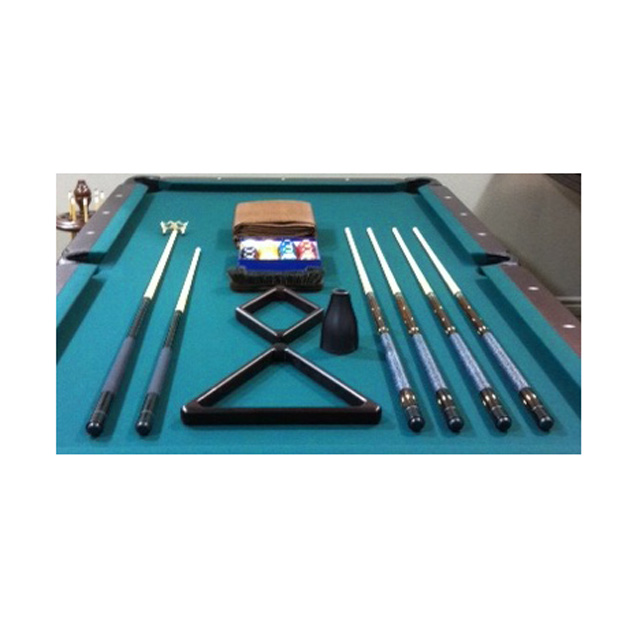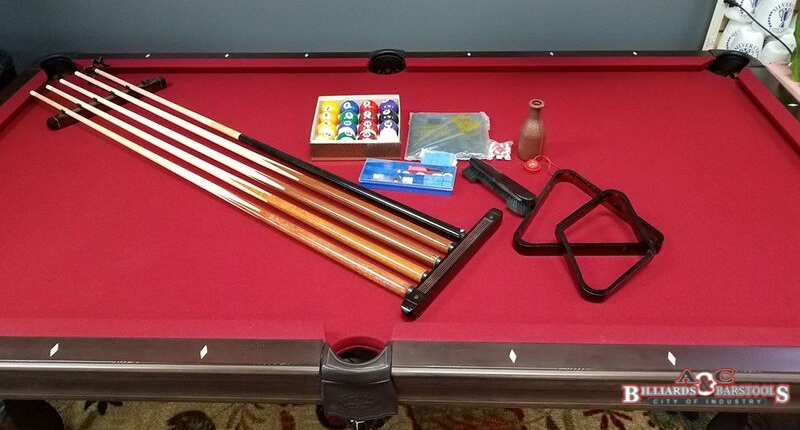
One of most popular sports worldwide is pool. You can play it on many different sizes of tables. It's a challenging game, and it requires a lot of skill. There are many varieties of pool. Most popular are eight ball and continuous pool. These games require great skill and can be played individually, doubles, as well as as a team sport.
The goal of the game's objective is to place all designated balls. This includes the eight-ball, cue ball and other object balls. Each player is allowed to choose from one of two pockets found at the foot the table. They go on until they make a mistake or foul. Fouls must be reported to the officials and the ball must be put back on for a fresh shot. There are many fouls that could happen, including hitting the cue balls into objects, breaking, breaking and jumping.
The World Standardized Rules govern pool. These rules are used by many international tournaments, organizations, and the Billiard Congress of America. Fouls must be committed when the ball is lost. The opponent's ball must be re-entered and the point will be awarded to the player who has the ball in his pocket.

Eight-ball is where you try to grab the black eight balls. Depending upon the game variation, the other balls may be numbered 1-9. If a player takes the ball out of his pocket, he wins.
A normal foul gets you a minus. The penalty for a normal foul is a minus one. The player can restore the position in which he was before the foul. Alternativly, he might decide to keep his ball and give the opponent a point if he places the ball in his own pocket.
Another type is the ball and hand foul. This is when a player touches the cueball without putting his or her foot on it. A player must announce the ball that was pocketed before taking a shot. The ball must be placed as close as possible to the spot where it was caught during the foul.
A player who commits more than two fouls at once must be warned before taking their next shot. A third foul can result in the game being lost if the player does not agree to a penalty. The player will be penalized if he or she breaks in an inning.

Non-player interference is another type of foul. Non-player interference is when the ball is pushed, bumped or thrown by an opponent or unscheduled lighting fixture. Non-player interference doesn't count if the ball was pocketed during the course or a foul.